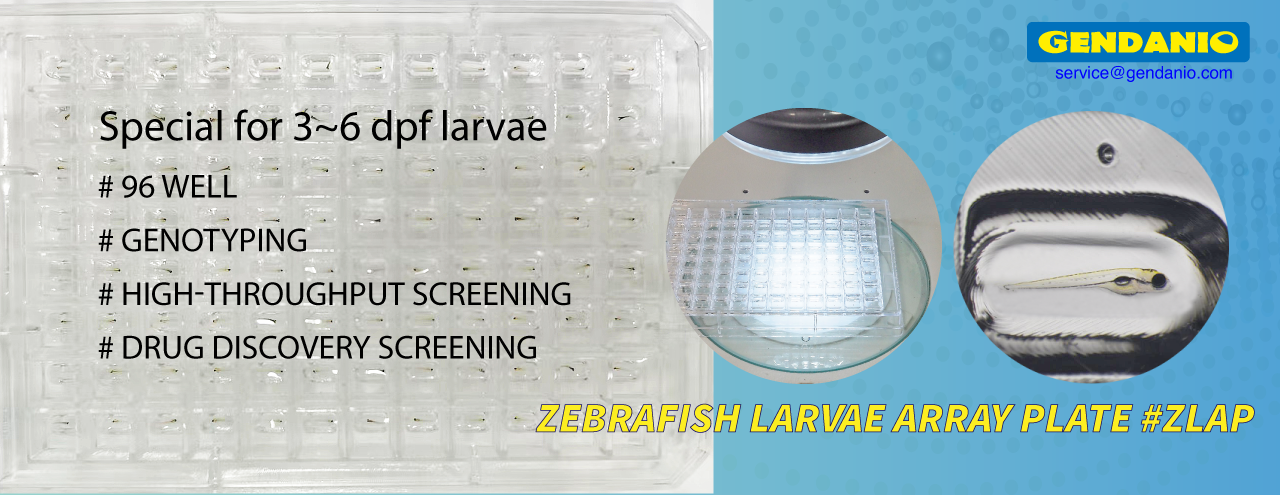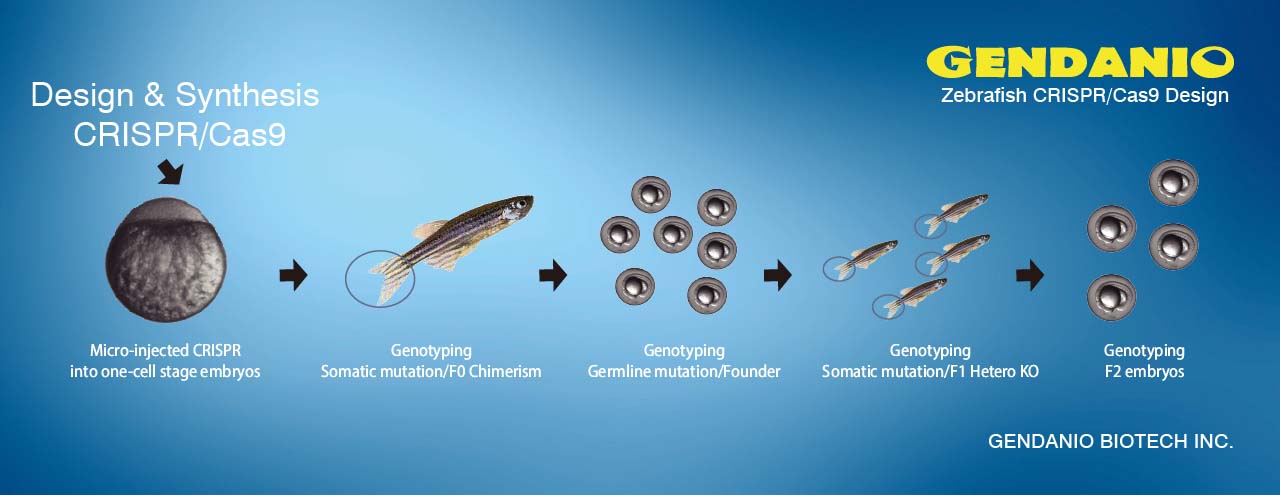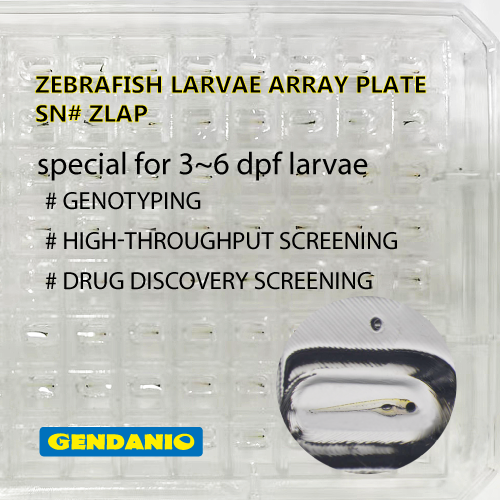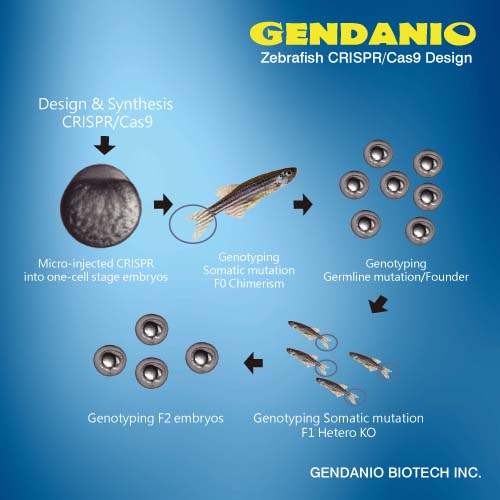ScienceDaily (Mar. 21, 2007) — A central pacemaker structure in the brain controls diurnal rhythms of behavior and hormone release. However, biological clocks are also encountered in almost every cell type (so-called "peripheral" clocks), in which they regulate daily changes in cell biology, including cell division. Very little is known to date about how the two clock systems interact.
By examining zebrafish strains with defects in hormone production, Nicholas Foulkes and his colleagues at the Max Planck Institute in Tuebingen find that peripheral clocks require the steroid hormone cortisol to generate daily rhythms of cell proliferation. Their work is published this week in the open-access journal PLoS Biology.
To guarantee normal growth and to avoid tumor formation, the timing of cell division must be under strict control. Interestingly, the daily changes in cortisol levels observed in normal zebrafish are not required to achieve this control; treating the cortisol-deficient strains with constant levels of a drug that mimics the effects of cortisol restores normal cell-division rhythms.
Thus, it appears that internal cell timers cooperate with hormonal signals to regulate the timing of cell division.
Citation: Dickmeis T, Lahiri K, Nica G, Vallone D, Santoriello C, et al. (2007) Glucocorticoids play a key role in circadian cell cycle rhythms. PLoS Biol 5(4): e78. doi:10.1371/journal.pbio.0050078.
Source: ScienceDaily
























